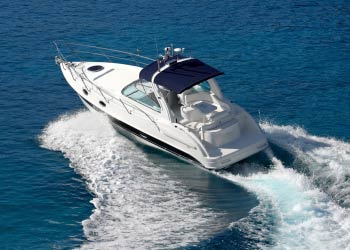

Also, area of a port or harbor.Īnchor ball - Round black shape hoisted in the forepart of a vessel to show that it is anchored.Īnchor buoy - A small buoy secured by a light line to anchor to indicate position of anchor on bottom.Īstern - Backwards, towards the stern (rear) of a vessel, behind a vessel. Opposite of windward.Īloft - Above the deck of the boat, usually overhead on the mast or in the rigging.Īlongside - By the side of a ship or pier.Īnchor - A heavy metal object designed to prevent or slow the drift of a ship.Īnchorage - A suitable place for a ship to anchor in relation to the wind, seas and bottom. sea markers, buoys, radio beacons, lighthouses) external to a vessel or aircraft specifically intended to assist navigators in determining their position or safe course, or to warn them of dangers or obstructions to navigation.Īlee - Away from the direction of the wind. It is a technique to ride out a storm with no sails and helm held to leeward.Īid to Navigation (ATON) - Any device (i.e. Term used to hail a boat or a ship, as " Boat ahoy! "Īhull - When the boat is lying broadside to the sea.

#If your inboard outboard boat runs aground free#
If you can't find the word you are looking for then please email us and we can add it to our list.Ī B C D E F G H I J K L M N O P Q R S T U V W X Y ZĪbove Board - On or above the deck, in plain view, not hiding anything.Ībaft - Toward the rear (stern) of the boat, relative to some object or position ("abaft the fore hatch").Ībandon ship! - An imperative to leave the vessel immediately, usually in the face of some imminent danger.Ībeam - On the beam, a relative bearing at right angles to the centerline of the ship's keel.Īdrift - Floating free with the currents and tide, said of a freely floating object or vessel which is not moving of its own power, floating at random.Īft - At, near or towards the stern, to move aft is to move back.Īfloat - Of a vessel which is floating freely (not aground or sunk).Īground - Touching or fast to the ground (usually involuntarily).Īhoy - A cry to draw attention. Below is a list of the most common words still in use today, many of which have their roots stretching far into the past when sea travel was our main mode of transportation. Not only will you impress your friends, but knowing the correct terminology is important in staying safe on the waters. If you own a boat or are looking to own a boat, it helps to make yourself familiar with the most commonly used boating terms.


 0 kommentar(er)
0 kommentar(er)
